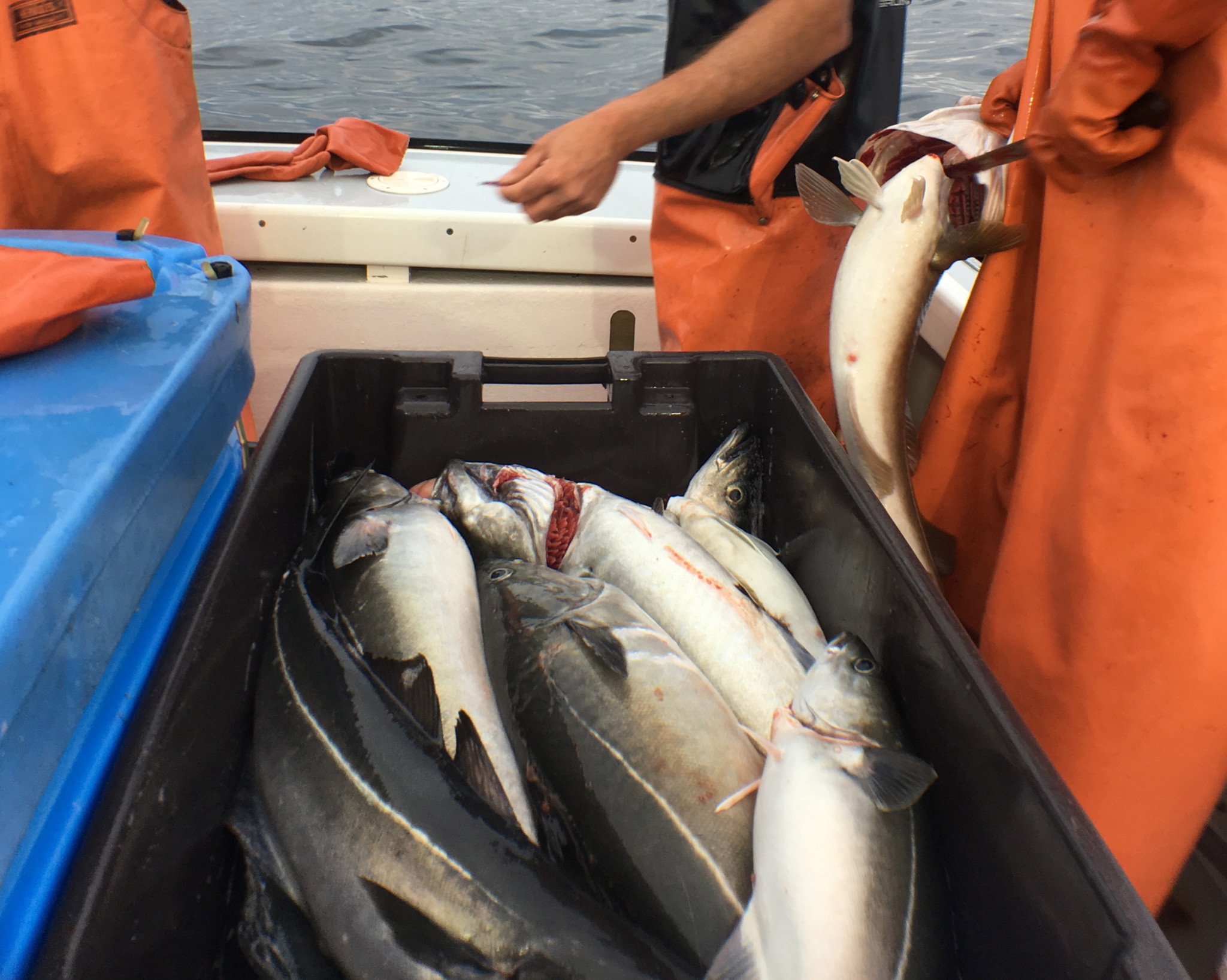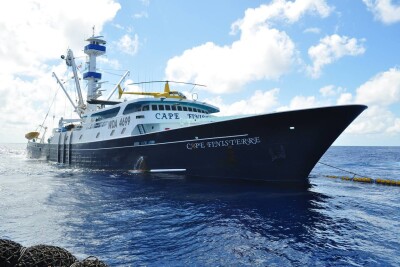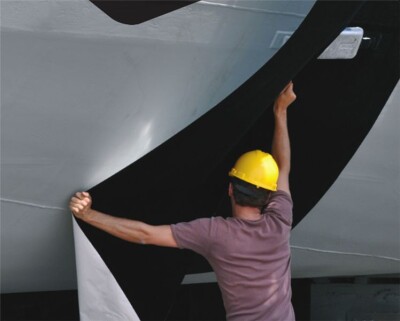"I believe we’ve got to be supporting U.S. fishermen in an increasingly competitive international market," said Rep. Jared Huffman (D-Calif.) on Wednesday as part of a panel of industry insiders grappling with the questions: What constitutes seafood fraud, and what can we do about it?
I co-hosted this discussion via webinar with Colles Stowell, president of One Fish Foundation, and panelists Patty Lovera, policy director at Food & Water Watch; Noah Oppenheim, executive director of the Pacific Coast Federation of Fishermen's Associations and the Institute for Fisheries Resources; and Kevin Scribner, owner/operator Forever Wild Seafood.
"We can put our fishermen on a better playing field with better traceability for seafood imports," Huffman said, noting the initiation of the Seafood Monitoring Import Program.
"It’s only fair that the accountability that fishermen have been holding themselves to is rewarded in the marketplace," said Oppenheim, emphasizing that we also need to enforce IUU fishing laws, lower barriers to entry for U.S. fishermen and enhance our education and marketing to inform consumers about domestic harvest and seafood production.
"Knowing your fisherman, your retailer, your chef, your processor and knowing their shared values goes a long way to eliminating much of the fraud that plagues the supply chain," said Stowell. "However, without the right laws and enforcement in place, our values become more easily co-opted, undermining our efforts to transform the seafood system."
Greg DiDomenico, executive director of the Garden State Seafood Association, asked about resolving cases of fraudulent substitutions on menus, for example at Odeum in California, where a Michelin star chef was accused of substituting tilapia for petrale sole for more than a year.
"Fraud can occur at any place in the market," Oppenheim said. "It’s a huge problem, and we have to find comprehensive solutions that make it harder for anybody on the end of the chain of custody to mislabel or fraudulently market their product."
"There are ways to improve traceability throughout the supply chain," Huffman said. "There may be new technology that could be utilized, examples from businesses that are doing some of this work. It’s clear to me that we need to better enforce, maybe even strengthen, existing policies to ensure accurate labeling, increased transparency and consumer trust."
Lovera broke down some of the pitfalls of labeling and standards setting with an example from the natural foods movement: What constitutes "organic" versus "local" versus "natural."
Scribner shifted the focus from outside-in and top-down processes and policies to community-based solutions, like the Seafood Accountability Program.
Lovera also warned about any industry's inclination to exist in a state of no-bad-news and the importance of working within the industry to identify problematic systems and potentially destructive players.
If you missed the webinar or the first in this three-part series, it's not too late to watch. You can access the full video as well as the first in the series at Local Catch.







